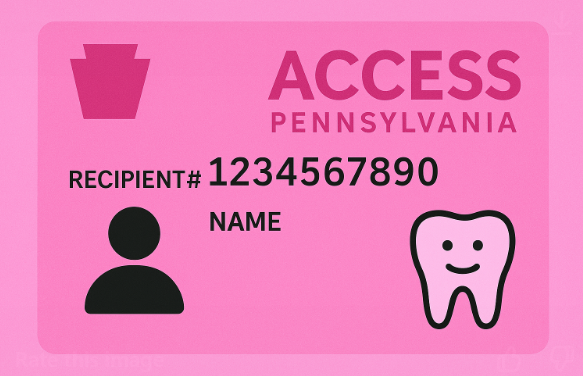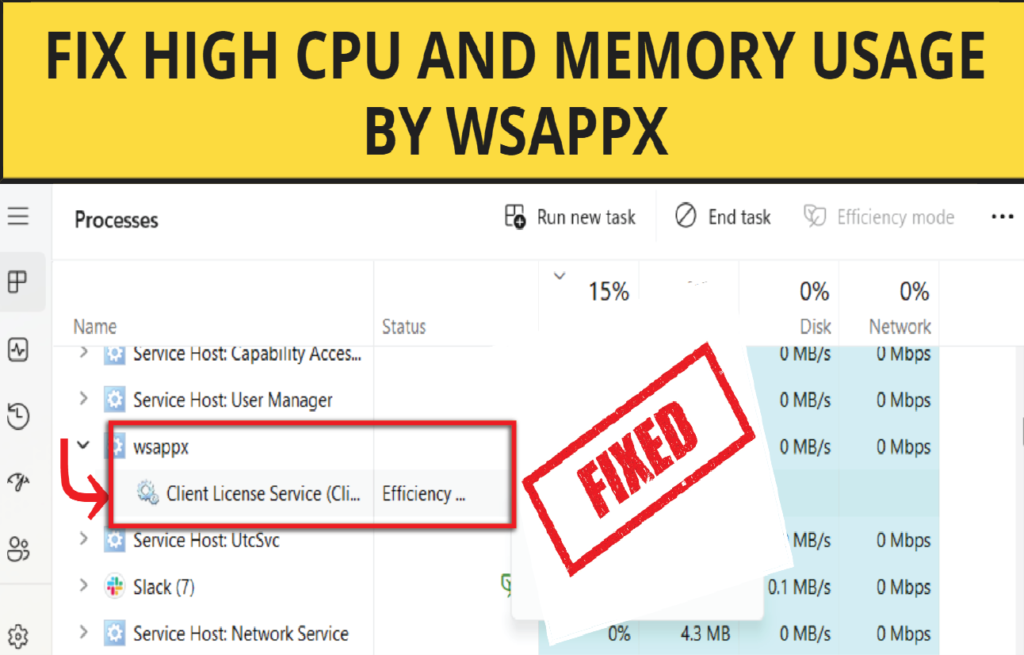Examine the PA Access Card health insurance benefits, including medical care services, dental coverage and vision benefits, prescription drug benefits, and mental health assistance.
The Medical Assistance (Medicaid) card operated in Pennsylvania under the PA Access Card enables qualified recipients to access multiple healthcare services. The program aims to deliver essential medical services to persons from low-income brackets, together with families and children, including senior citizens and disabled individuals. The beneficiaries need to understand the benefits covered by the PA Access Card to use their healthcare benefits effectively.
The following article explores the health insurance coverage under PA Access Card as well as its eligibility criteria, along with a comprehensive question-and-answer segment.

Eligibility for PA Access Card Health Insurance
All applicants who want to receive their qualifying PA Access Card need to fulfill these eligibility standards:
- The income level of your household needs to comply with limits established by Pennsylvania state officials for Medicaid coverage.
- A resident of Pennsylvania:
- The health insurance exclusions for pregnant mothers, children, parents, and seniors represent eligible classifications.
- People with disabilities do not need to have their income amount checked to meet the eligibility requirements.
- PA Access Card eligibility extends to people who participate in Supplemental Security Income (SSI) or any other assistance programs.
- Eligible individuals receive the PA Access Card that functions as their medical benefit to obtain covered medical services.
What Does the PA Access Card Cover?
PA Access Card is Pennsylvania’s Medicaid insurance card, which provides essential healthcare benefits to eligible individuals and families. It provides access to a good deal of medical care — including doctors’ visits and hospitals, prescription drugs, dental and vision care, mental health care, and emergency care. These plans are intended to supply essential medical aid to people of low income, pregnant ladies, youngsters, seniors, and the disabled. Here is a breakdown of the key health care services covered through the PA Access Card.

1. Medical Services
The PA Access Card pays for required medical services as defined by the requirements, such as visits to doctors for routine checkups, sick visits, and the screening and immunization services. In addition to that, hospitalization and outpatient services, as well as emergency care, are also covered. Specialists like cardiologists, dermatologists, and endocrinologists are also referred to a patient who needs their special conditions.
2. Prescription Medications
It provides coverage for most of the prescription drugs that allow beneficiaries access to needed medications for diseases such as infection, diabetes, and hypertension. Generic drugs are affordable under Medicaid through its formulary, as both brand name and generic drugs are covered under Medicaid. The medications include mental health medications for depression, anxiety, and other psychiatric conditions.
3. Dental Coverage
Typically offered twice a year, basic dental care, usually exams and cleanings, is available to those persons serving on the PA Access Card. It includes cornerstone procedures like fillings and extractions and limited benefits for dentures. Some complex dental treatments are not covered, but the emergency dental procedures are also included.
4. Vision Coverage
Routine eye exams are also part of vision care benefits to check for vision problems. This includes eyeglasses and contact lenses, and replacement is permitted only once every 12 months for children until age 21, every 24 months for individuals through age 64, and every 36 months thereafter. Specialist visits to ophthalmologists are also covered in cases of eye diseases or injuries.
5. Mental Health & Substance Abuse Services
On the PA Access Card, mental health services are included—psychiatric evaluations and therapy sessions. It counsels for depression, anxiety, and PTSD. Substance abuse treatment programs, including rehabilitation and counseling services that help those who seek to recover from addiction, are also available.
6. Maternity & Newborn Care
Pregnant women are offered full maternity coverage as well as prenatal visits and ultrasounds, and medical care during pregnancy. The card takes care of labor and delivery costs to ensure safe childbirth. In addition, it covers postpartum care for mothers and essential newborn care, like vaccinations and screenings.
7. Nursing Care & Home Health Services
Through the PA Access Card, skilled nursing care can be received at home by individuals who require assistance from a medic through the visits of a home healthcare provider that help with daily medical needs. Hospice care can also be given to terminally ill patients to provide end-of-life support.
8. Durable Medical Equipment (DME)
Medicaid pays for necessary, essential medical equipment used to help one walk or to help them breathe. Wheelchairs, crutches, and walkers are all items that provide people with the ability to maintain independence. Medical conditions that require assistive devices are also covered, including oxygen tanks, CPAP machines, prosthetic limbs,a nd orthopedic braces.
9. Emergency Services
The PA Access Card provides emergency medical care immediately if there is an emergency. It is for ambulances transporting patients with critical medical conditions. Emergency room visits and urgent care centre visits are included in this to attend to medical emergencies when required.
10. Pediatric Care & CHIP (Children’s Health Insurance Program)
Uninsured children covered by the PA Access Card are entitled to comprehensive healthcare care, including regular pediatric visits and vaccinations to prevent disease. Developmental screenings guarantee the early detection of your child’s health problems. In addition, children who don’t meet Medicaid eligibility rules can still get affordable health care through the CHIP program.

How to Use the PA Access Card?
- Look for Medicaid Approved Doctors, Hospitals, and Pharmacies.
- Show the PA Access Card: Use your PA Access Card at medical facilities.
- Coverage Guidelines: Follow, and some services require pre-approval.
- Confirm Medications are Listed on Medicaid Formulary: Make sure medications are in the Medicaid formulary.
Conclusion
The PA Access Card provides essential health insurance coverage for these services for eligible individuals in Pennsylvania. The benefits of Medicaid are understood so users with Medicaid coverage can make the most out of it. If you don’t know your eligibility or if you want to know more about your coverage, contact the Pennsylvania Department of Human Services or your healthcare provider.
Frequently Asked Questions (FAQs)
- Do I need to use the PA Access Card at only one hospital?
Of course, unless Pennsylvania Medicaid accepts the hospital. However, it is always advisable to consult the provider before the treatment.
- Is the PA Access Card for dental implants?
Medically, Medicaid will often not cover the implants, but other areas may be covered, including other dental work like dentures.
- Do I get new eyeglasses with the PA Access Card how often?
The rule for getting new glasses is this: children are entitled to have new glasses every 12 months, whereas it is approximately 24 months for adults.
- Is Medicaid providing mental health therapy sessions?
The PA Access Card does include therapy, counseling, and psychiatric evaluations.
- Are over-the-counter medications covered?
If you need to use OTC drugs, you may have those covered if prescribed by a doctor (e.g., prenatal vitamins or pain).
- How can I find out whether my prescription is covered?
Your pharmacist can help you check the Medicaid formulary on the Pennsylvania Department of Human Services or you can check the Medicaid formulary yourself on their website.


